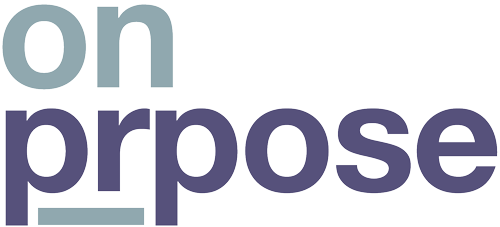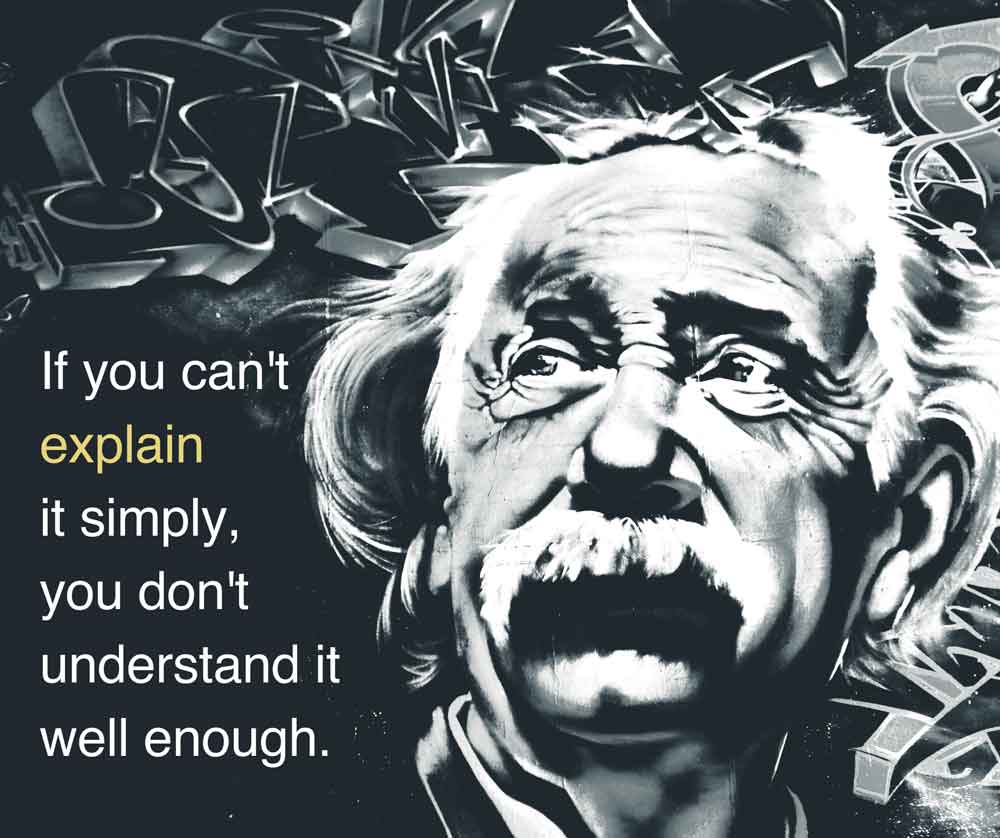Over the last 2 decades, we’ve worked with many companies in highly complex, regulated industries to help bring their expertise, their points of difference, their value to life.
In nearly all cases, the organization has a wealth of talent, expertise and unique processes and systems for doing the work they do. This is true for healthcare, agriculture, food, technology, manufacturing, transportation and so on. And, almost all of the time, they struggle to bring these stories to their partners and prospects in a way that stimulates interest and action.
Why? As experts, you know too much. You spend 40-60 hours a week, over years, immersed in your business. Your ideas and expertise in your field flow from you as naturally as your breath. And because of that, it’s very difficult for you to unknow what you know in order to put yourself in the shoes of the people who need your help – creating a gap in understanding that makes it difficult for you to guide them from where they are to where they want to be. After all, if they already know all of the things you know, they don’t need you, do they?
Common pitfalls of knowing too much
- You forget it’s about them, not you. You know the best way for you to help your customers is – to do for them what you do best. And you can talk about it for days, counting all the ways. The trouble is, they need you to understand their needs and help solve them.
- You assume everyone knows what you know. This can be as simple as using words and acronyms common to you and your team. When these land on others, you’ve lost them and most people are uncomfortable asking for clarification, because they assume they should already know the answer too.
- You skip important details. This happens for two reasons. 1) When you communicate, there’s a natural complement between the content of your brain and the words you choose. When you review your own material, it all makes sense to you, but others won’t have the benefit of your knowledge to fill in the gaps. 2) You think those details are irrelevant or obvious, but remember what is obvious to you isn’t to everyone.
- You forget you’re talking to people. In the quest to demonstrate expertise, knowledge, unique value, it’s natural to inflate our language to project our expertise. The result is a PhD level document, presentation or webinar that fails to engage, interest and entertain your audience. If you can’t do that, you’ve lost them (even the astrophysicists in the room).
Communication is about relaying meaning, but more than that, it’s about relating to meaning. The best way to break down your quality, value and performance stories is to first, recognize your customer is the hero in your story. Then, start with basics, be unafraid to be simple, conversational and remember – people want to work with people they know, like and trust. Be you. Relatability and approachability are just as important as what you know.
And ask for help. Engage people who know less than you know about your business. They can help you deconstruct your stories and bring them to life in a relatable, inspirational and actionable way.

